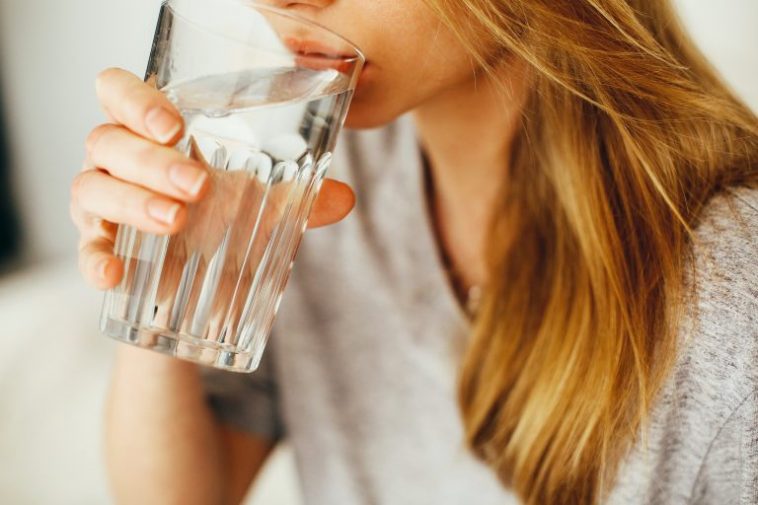We often hear people reminding us to stay hydrated and drink lots of water to achieve it. Though, what if too much water is bad for you?
You might be thinking, “is that even possible?” It seems to be that way.
How would you know, and what signs or symptoms to watch out?
Overhydration
This condition will transpire when you have had consumed excess h2o. That then leads to water intoxication or hyponatremia.
More often, you will drink as plenty as eight glasses of water in a day according to the age-old preventive dehydration measures. But as you drink in an excessive amount of h2o, your body will excrete it. However, since the volume is higher than the intended level of sodium is diluted.
What’s going to happen to you? The consequences can be:
As the brain is among the organ that is easily affected by overhydration, the changes with the behavior will be noticeable.
- Drowsy
- Distracted
- Confusion
- Delirium
- Shouting
- Muscle Cramps
- Digestive issues
- Seizures
- Brain damage
- Coma
What’s the intended h2o volume to consume for children and adults?
For adults, 2 gallons or more could lead to water intoxication. But only if you are not suffering from any illnesses specifically with your kidneys, heart, and pituitary gland. If you are, then you should only drink a lesser amount. Yet not too little that’ll lead to dehydration.
For the infants and children, in truth, breast milk or milk for the infants will provide all the hydration they require, especially within the first month. In this period, the kidneys of infants are not yet fully developed or functional of its filtering mechanism. For toddlers and bigger kids, it’ll vary on many factors as well.
Is there any treatment available?
- Lowering the fluid intake
- It is of great importance to replace lost sodium by eating salty foods. But for individuals who have hormonal and kidney conditions, this is not advisable.
- Underlying health issues need evaluation first.
- If you are consuming medications that could cause overhydration, stop taking it.
- Diuretics help with increasing the excretion of urine.
For all of these, consult your trusted physician on proper diagnosis and treatment that will work better for you.




